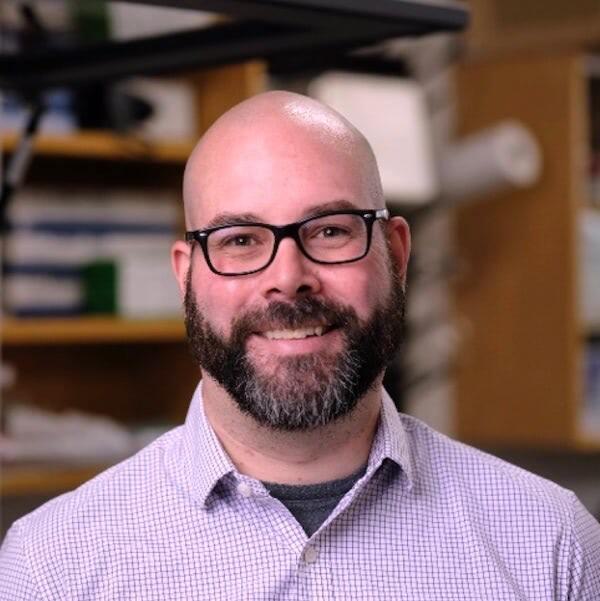- Undergraduate
Bachelor's Degrees
Bachelor of ArtsBachelor of EngineeringDual-Degree ProgramUndergraduate AdmissionsUndergraduate Experience
- Graduate
Graduate Experience
- Research
- Entrepreneurship
- Community
- About
-
Search
All Thayer Events
Complementary Scalable Approaches to Improve Metal Halide Perovskite Stability
Oct
23
Monday
12:30pm - 1:15pm ET
Rm 005, ECSC
Metal halide perovskites are promising materials for next-generation optoelectronic applications, but chemical and mechanical instabilities remain barriers to commercial viability. I will discuss the efforts in my research group to address these instabilities through multiple complementary pathways. One approach of interest to address chemical instabilities is incorporating organic additives into the metal halide perovskites that can passivate undercoordinated surface sites. While there has been a large body of literature focused on defect passivation by additives, few design rules have been developed to date. We are attempting to better understand the interactions of passivating organic additives with metal halide perovskites and the influence of molecular structure and function in a generalizable approach. Conversely, the extreme intrinsic fragility of perovskites is a challenge that must be addressed through other means.
I will discuss the use of extrinsic approaches to improving the stability of perovskite thin films. In particular, I will highlight the strategy of nanocompositing with polymeric nanofibers developed by my group, which can increase the fracture energy by at least 5-fold without a reduction in device performance. Although there is currently no “one-size-fits-all” approach to fully address the instabilities in metal halide perovskites, complementary strategies can be developed to overcome these challenges.
About the Speaker(s)
Adam Printz
Assistant Professor of Chemical and Environmental Engineering, University of Arizona

Adam Printz is an assistant professor at the University of Arizona in the departments of Chemical and Environmental Engineering and Materials Science and Engineering (by courtesy). He earned his PhD in nanoengineering from the University of California, San Diego under the supervision of Prof. Darren Lipomi. There, his research focused on the microstructure of organic semiconductors and its effects on the mechanical properties of polymer and bulk heterojunction thin films. After completing his PhD, he worked as a postdoctoral scholar in the Materials Science and Engineering department at Stanford University under Prof. Reinhold Dauskardt, focusing primarily on improving the mechanical and chemical stability of perovskite solar cells. His research focuses on the fundamental processes behind scalable methods to improve material stability without performance trade-offs in thin-film solution-processed devices, and he is a recent recipient of the NSF CAREER Award.
Contact
For more information, contact Karen Thurston at karen.thurston@dartmouth.edu.
